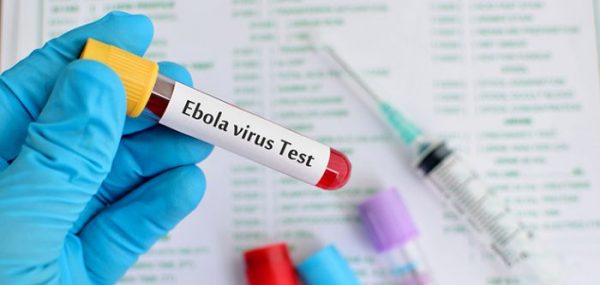Mpox is no longer classified as a global public health emergency, following a decision by the World Health Organization (WHO) after sustained declines in infections. Despite this global downgrade, the disease continues to pose serious challenges in Africa, where new surges are being reported across several countries.
Health experts noted that cases have significantly decreased in hotspots such as the Democratic Republic of the Congo (DRC), Burundi, Sierra Leone, and Uganda. This trend prompted the WHO to lift its highest alert level, which had been declared in August 2024 after the emergence of a new form of mpox spread rapidly from the DRC to neighboring regions.
However, the downgrade does not mean the disease has been defeated. African health authorities have warned that mpox remains a continental emergency, as outbreaks persist in multiple countries. According to regional surveillance, surges have been identified in Ghana, Liberia, Kenya, Zambia, and Tanzania, while fresh introductions of the virus have occurred in Malawi, Ethiopia, Senegal, Togo, Gambia, and Mozambique.
The Africa Centres for Disease Control and Prevention (Africa CDC) emphasized that although weekly confirmed cases have declined by over 50 percent, the virus continues to circulate widely. Specialists stress the need to maintain investment, international cooperation, and targeted interventions to prevent further spread.
Mpox is transmitted through close contact and is usually mild, but it can become fatal in rare cases. Symptoms include fever, muscle aches, and distinctive pus-filled lesions. Vulnerable groups such as children, pregnant women, and individuals with weakened immune systems including people living with HIV/AIDS face the greatest risks of severe illness.
Alarmingly, recent data shows higher death rates among HIV-positive individuals in Uganda and Sierra Leone, alongside increased vulnerability among infants and children in the DRC. This highlights the need for integrated health responses that address overlapping epidemics.
The new strain, clade Ib, continues to primarily affect sub-Saharan Africa but has also resulted in travel-related cases in countries such as Thailand and the United Kingdom. Health experts caution that while the global emergency label has been lifted, complacency could undermine progress made so far.
The message from public health leaders is clear: the fight against mpox is far from over. Sustained vigilance, funding, and solidarity remain critical to protect communities, especially in Africa where the disease still poses a pressing threat.

